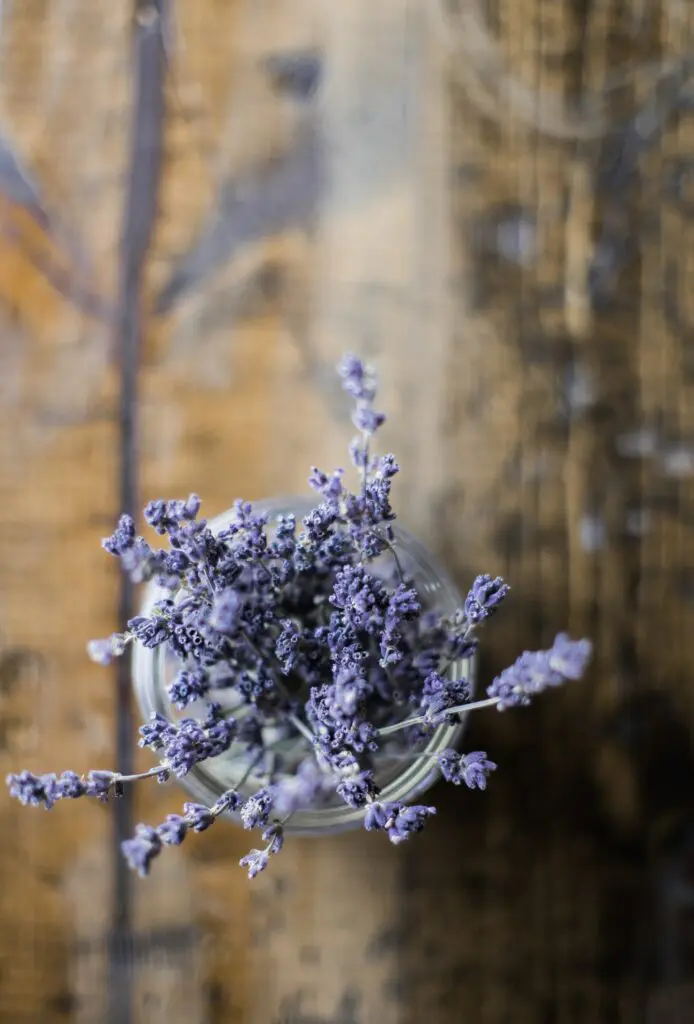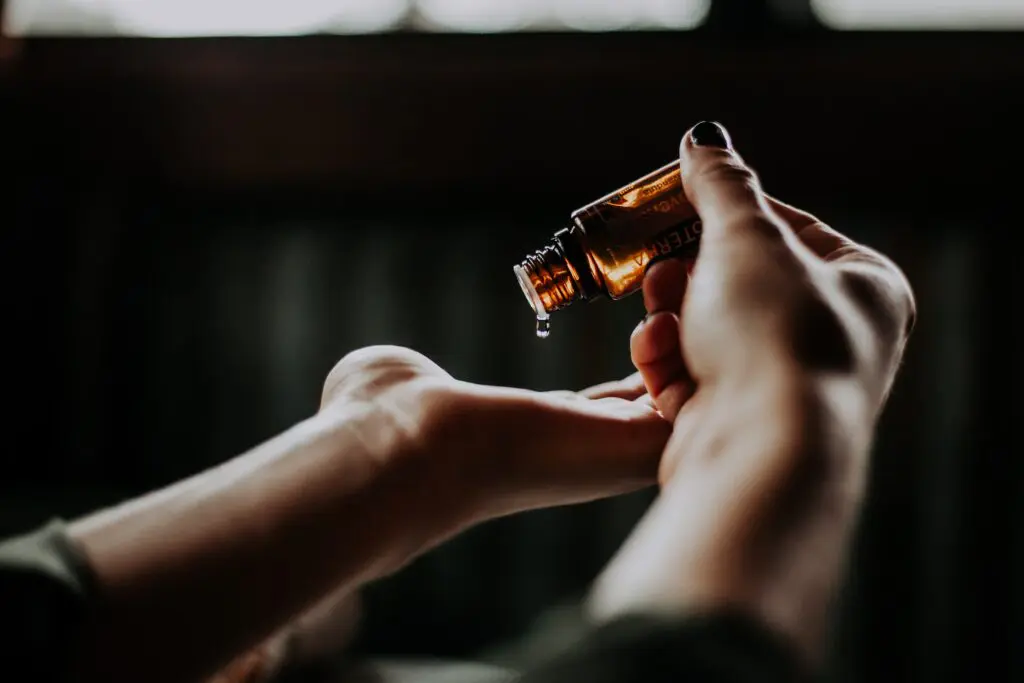Essential Oils that Support Sleep
Sleep is now thought to be essential to every process in our body. It impacts on both our physical and mental functioning, our metabolism, our immunity and our disease risk. The recommended minimum amount of sleep for all adults is 7 hours, yet few of us manage this consistently.
Personally I have struggled with sleep for a number of years. When I don’t sleep I get anxious, when I get anxious I don’t sleep, and so it goes on in ever decreasing circles.
Monitoring my sleep and taking early action when it falls below what I know I need has therefore become an integral part of maintaining my own physical and mental well being.
Through this process I have collected numerous natural strategies to support good sleep. When I began writing this post I was planning to write about all of them, but as I started writing I realised that was way too much information for one article, so for now let’s just look at essential oils, and more remedies and practices will follow in subsequent posts.
Valerian (Valeriana officinalis)
Valerian is found in almost all commercial natural sleep supplements. Valerian root tea is commonly used, though some people take it in capsule form. I personally use both the tea and the essential oil. It has to be said that it is the most foul smelling essential oil I’ve ever come across. I certainly do use it for it’s fragrance, in fact I am grateful to the Vitaflex charts created by Stanley Burroughs based on knowledge that dates back to over 5000 years ago in Tibet. The vitaflex point on which to apply it is on the base of the big toe – about as far away from the nose as possible! To further dilute the stench, I add other essential oils that are know to support sleep and relaxation, such as Lavender and Vetiver.
Lavender (Lavandula angustifolia)
Known for its calming, relaxing and balancing properties, inhalation of lavender has been shown to increase beta waves in the brain, which leads to heightened relaxation. I use lavender in my foot roller that goes on my big toe and also diffuse it in my bedroom each night.
Vetiver (Vetiveria zizaniodes)
Known for reducing anxiety, depression and insomnia. I have some of this in my foot roller that goes on my big toe. Do not use during pregnancy.
Golden Rod (Solidago canadensis)
Golden rod is well know for supporting a state of emotional calm. Apply a little to shoulders and neck to help you unwind at the end of the day. This will help you to get into a great place for a good sleep. Golden rod is also known for improving libido, which could lead to other ways to get yourself into a place for a good sleep.

Roman Camomile (Anthemis nobilis)
Camomile is well known for calming and relaxing properties. A chemical constituent called apigenin is thought to be responsible for this effect. It binds to receptors in the brain, and regulates mood and sleep without harmful side effects.
Orange, Mandarin and Lemon
The discovery of research showing that citrus oils help you sleep surprised me. I have always associated the citrus oils with freshness, uplifting the moods and enhancing alertness. However, laboratory studies on mice have shown that although the active compound don’t necessarily induce sleep, they do increase the amount of time you stay asleep for. With this in mind, anyone having trouble staying asleep may want to try diffusing citrus oils thought the night.
Bergamot
Bergamot is actually another citrus oil, but I decided to give it it’s own section because of another property, it’s ability to reduce cortisol. Thus is has the ability to support better sleep and reduce anxiety.
Sandalwood
Another oil ideal for relaxing the body and soothing the mind, which has also been shown to increase the duration of sleep, reduce waking time, and also increases the amount of non REM (deep ) sleep, resulting in better sleep quality and feeling more rested on waking.
Cedarwood
Cedarwood has been shown in animal studies to lower anxiety and to lengthen sleep time.

Marjoram
A study on nurses working rotating shifts found that massaging marjoram oil into the skin improved sleep quality.
Ylang ylang
Ylang -ylang has been found to have a sedative, relaxing and calming effect. Studies show that inhaling it can reduce blood pressure, stress and heart rate.
Clary Sage
Clary sage has been shown to reduce cortisol levels in menopausal women, and once again, given that cortisol impacts circadian rhythm, reducing it will support a healthier sleep cycle.
How to use essential oils
To get the benefits of these oils you could add them to a warm bath before sleep, diffuse them in your bedroom or massage them into your skin (use a carrier oil to dilute them and to help carry them into the the body).
Please remember that the quality of the essential oils you use makes all the difference. Mass produced oils that you find in supermarkets and even some pharmacies, are usually impure, diluted or extracted with solvents, some of which remain in the final product – you don’t want to inhale that. It is also worth remembering that essential oils are extremely concentrated oils from plants, thus if that plant is sprayed with herbicides and pesticides, you could be inhaling concentrated toxic chemicals. The above information is based on using the highest quality, organic and steam distilled oils.
Feature Photo by volant on Unsplash
Lavendar Photo by Heather Ford on Unsplash
Essential Oils Photo by Christin Hume on Unsplash